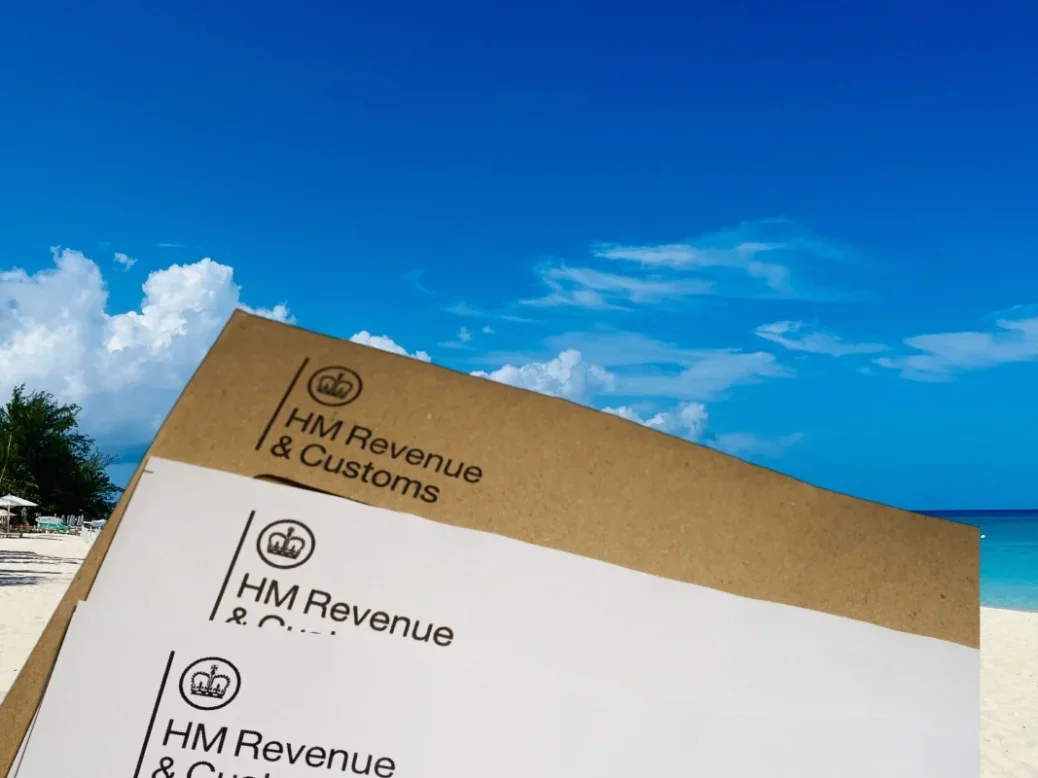
The number of individuals confessing to HMRC about unpaid taxes on offshore income surged by 22 per cent in 2024, with 5,643 taxpayers coming forward compared to 4,630 in 2023, according to research by Lubbock Fine.
This increase highlights the growing pressure on taxpayers to address undeclared offshore income, as HMRC intensifies its efforts to combat tax non-compliance. Those coming forward have used HMRC’s online Worldwide Disclosure Facility (WDF), which allows individuals to voluntarily disclose unpaid taxes on foreign income. By using the WDF, taxpayers can potentially reduce penalties and avoid criminal prosecution, provided they make a full and timely disclosure.
Graham Caddock, Tax Investigations Director at Lubbock Fine, says: ‘Handled correctly, a tax disclosure to HMRC can often be resolved without incurring any penalties at all.’
[See also: The reputational risk of being ‘named and shamed’ as a tax defaulter by HMRC]
A growing web of data sharing with the tax office
HMRC’s crackdown has been bolstered by the increasing flow of financial data from international jurisdictions, including popular tax havens like the Cayman Islands, Bermuda, and the British Virgin Islands. This data also covers rental property income from countries such as Spain, France, and Greece.
Using its sophisticated Connect database, HMRC cross-references this information with UK tax returns and other data to identify discrepancies. When irregularities are detected, HMRC issues “nudge letters” to taxpayers, urging them to come clean before investigations are initiated.
By 2027, HMRC is expected to further expand its reach by gaining access to cryptocurrency account data from numerous countries, with could trip taxpayers up. As Caddock says: ‘Taxpayers often wrongly assume that cryptocurrency income and gains are not taxable in the UK. Severe penalties await those who ignore HMRC’s warnings.’
[See also: The best tax and trust barristers in 2024]
The cost of non-disclosure to HMRC
Delaying or evading the reporting of offshore income can lead to severe financial repercussions. Penalties for failing to disclose taxable offshore income can soar to 300 per cent of the unpaid tax, alongside significant interest charges.
However, voluntary disclosure through the WDF allows taxpayers to negotiate considerably lower penalty rates. Acting proactively, particularly before receiving a nudge letter, can mitigate the risk of harsher penalties and lengthy investigations.
‘HMRC’s aggressive pursuit of tax avoiders leaves very few places to hide,” says Caddock. “Rising penalties and interest charges make coming forward now the safest—and cheapest—option.’
[See also: Rapid rise in bank accounts hit by HMRC freezing orders in crackdown]
Looking ahead
The government’s focus on tax investigations, coupled with HMRC’s expanded data access, suggests a rise in inquiries and enforcement actions. As HMRC ramps up its campaign to clamp down on offshore tax evasion, experts advise individuals with undeclared overseas income to act decisively.
Caddock adds: ‘With HMRC leveraging global data-sharing agreements and advanced technology, the days of hiding offshore wealth are numbered. The best course of action is to address these issues head-on and seek professional advice when making disclosures.’






